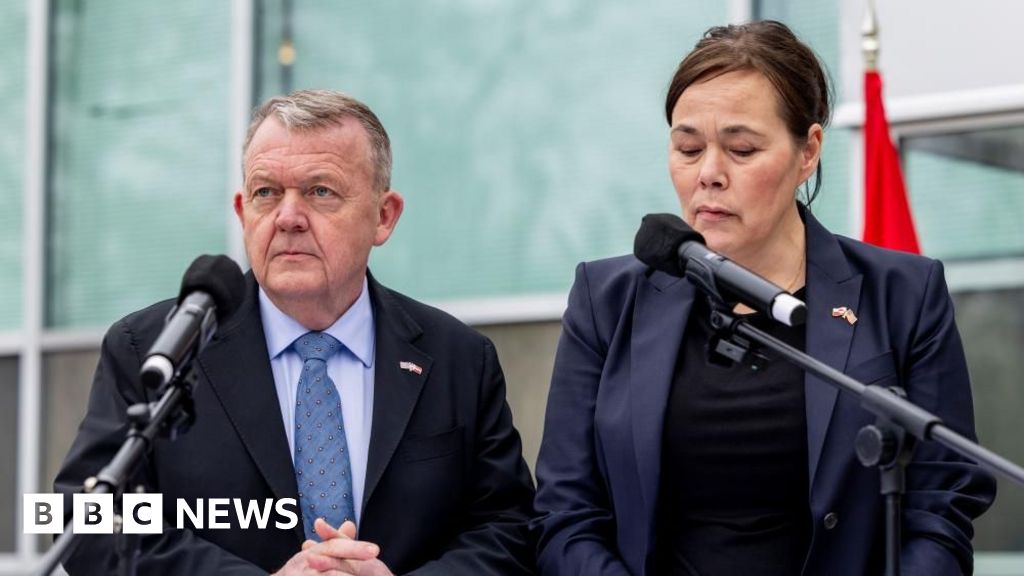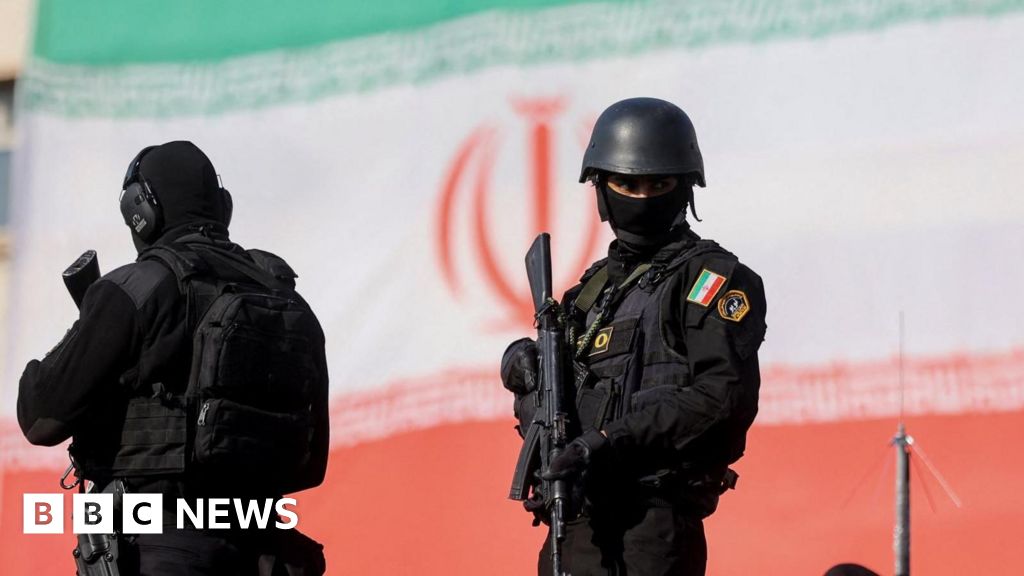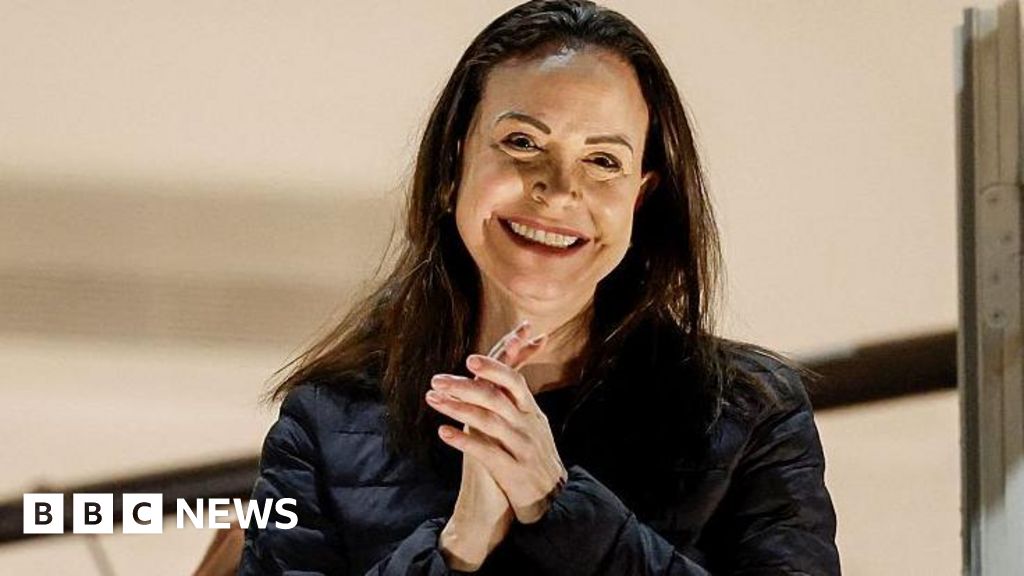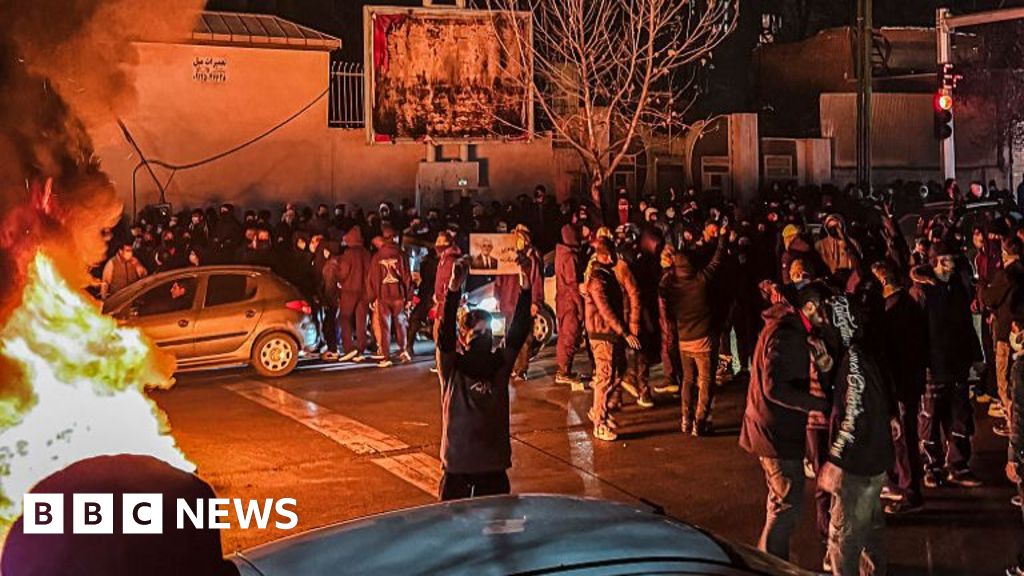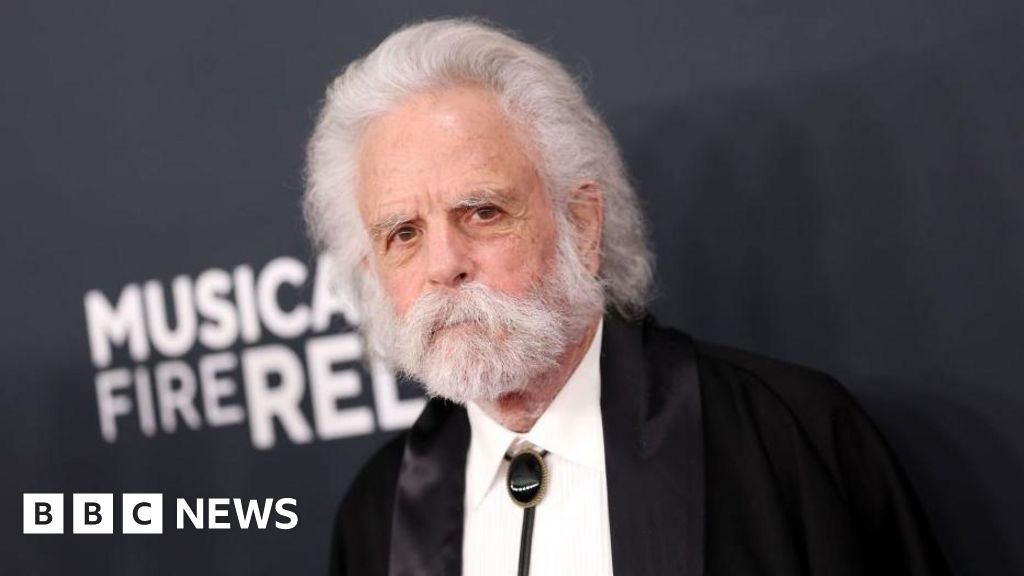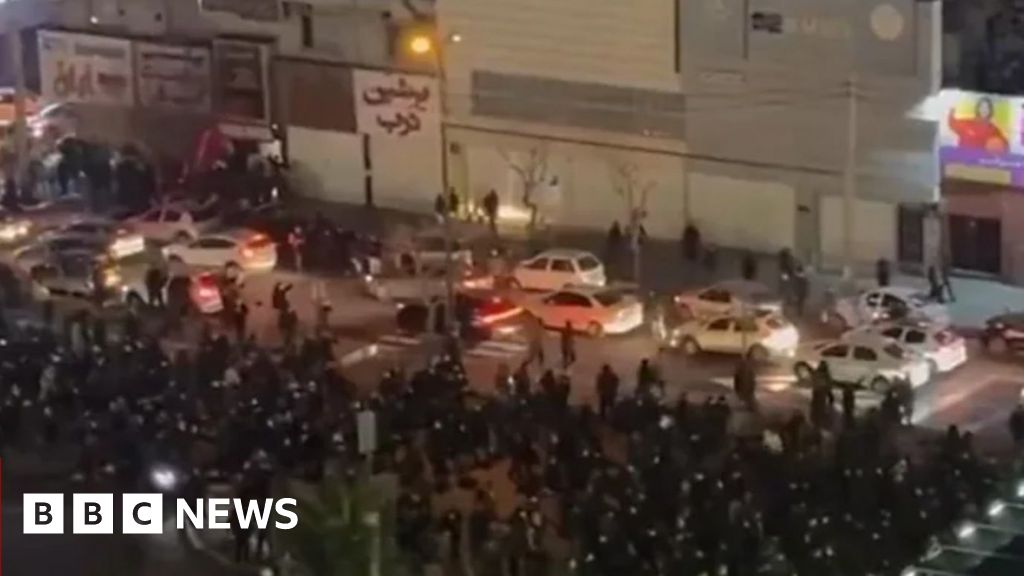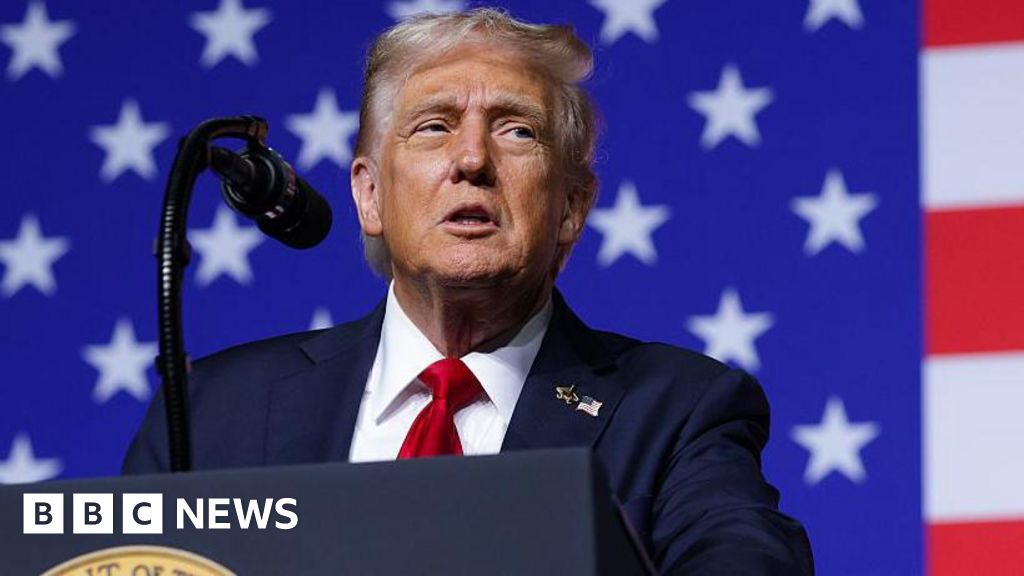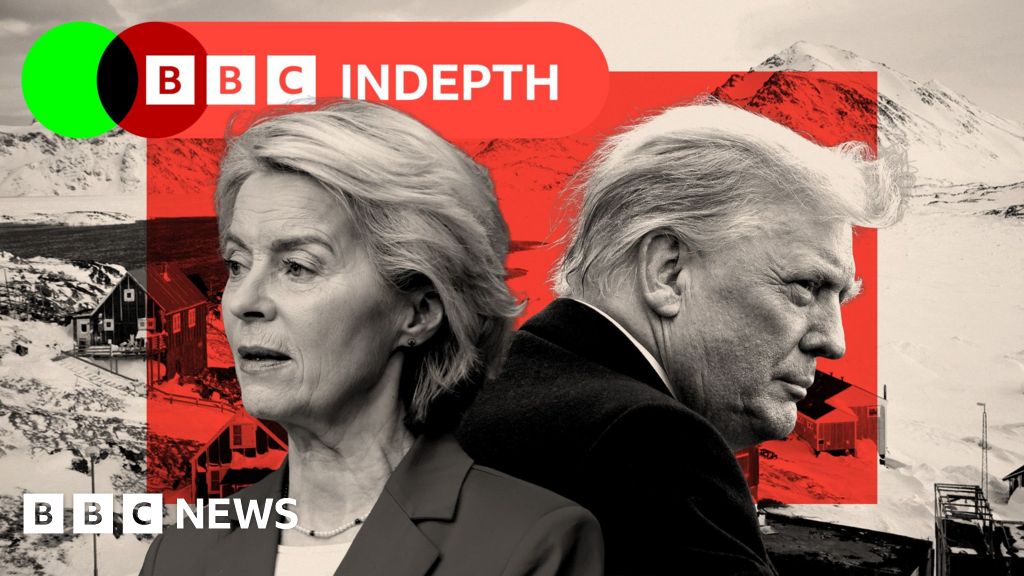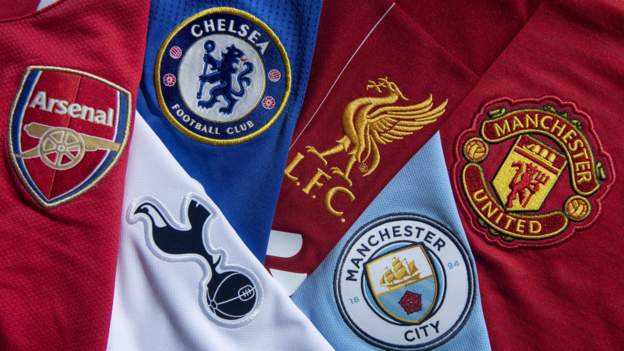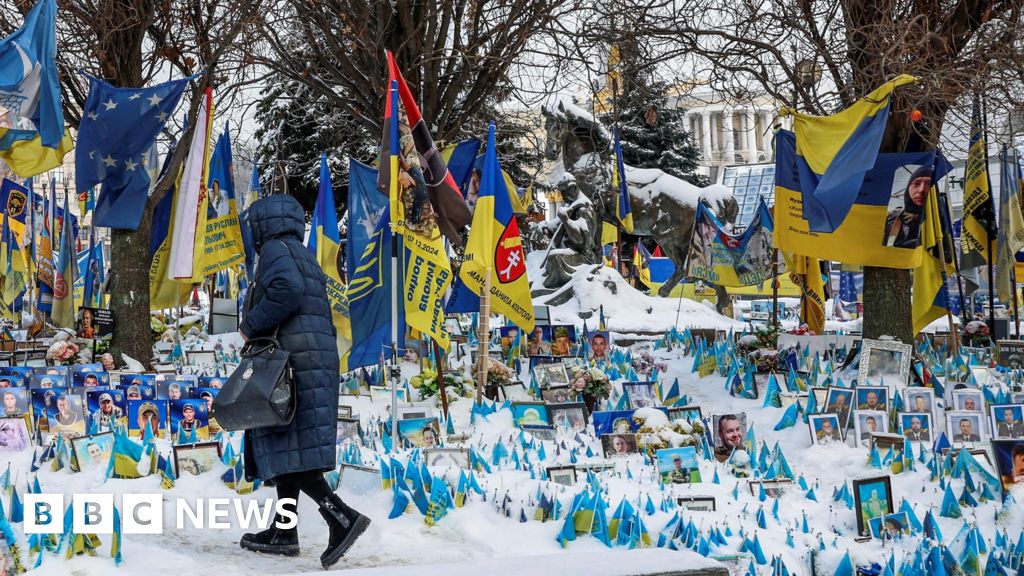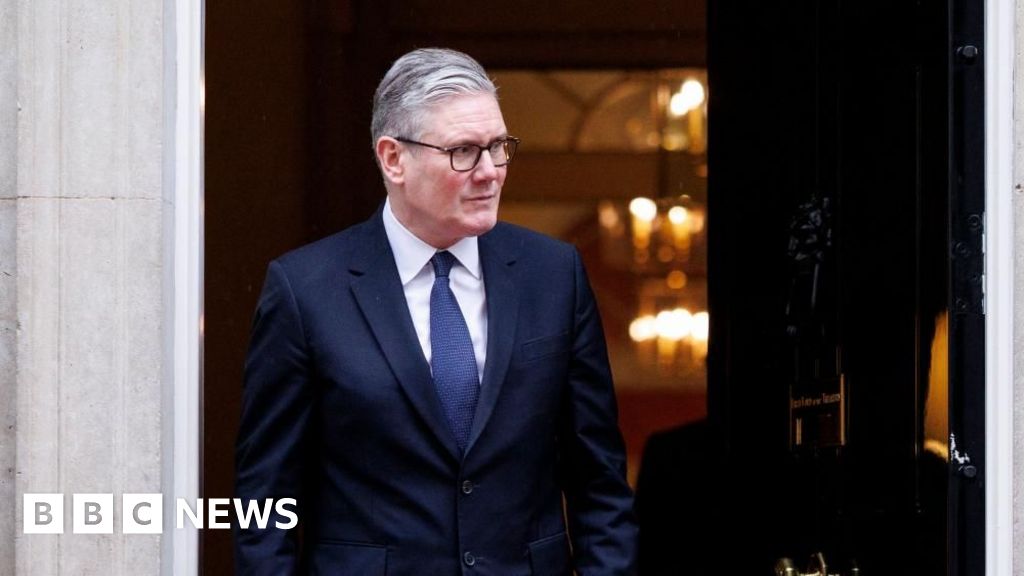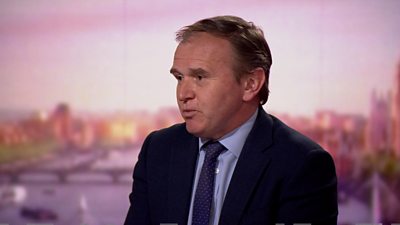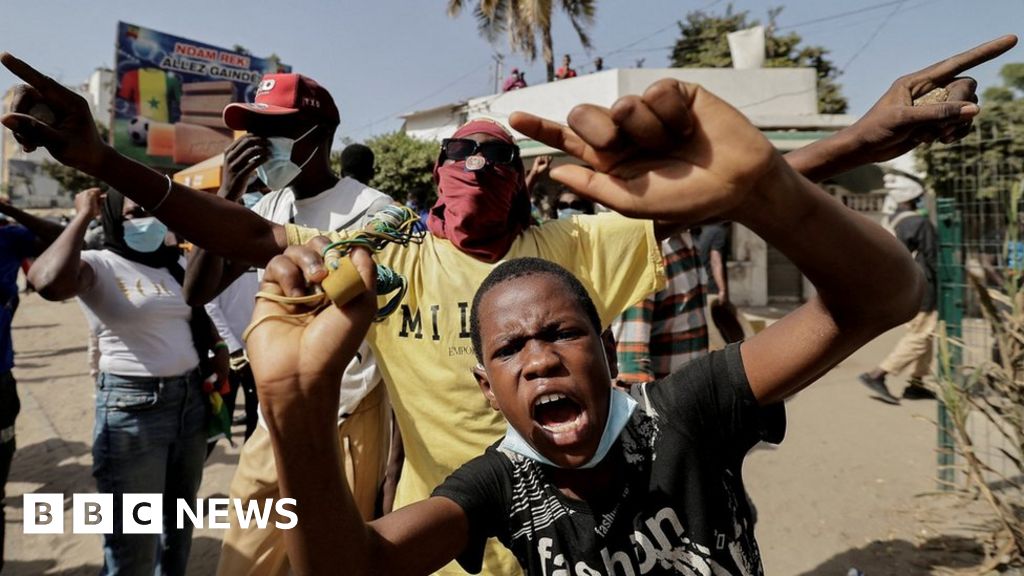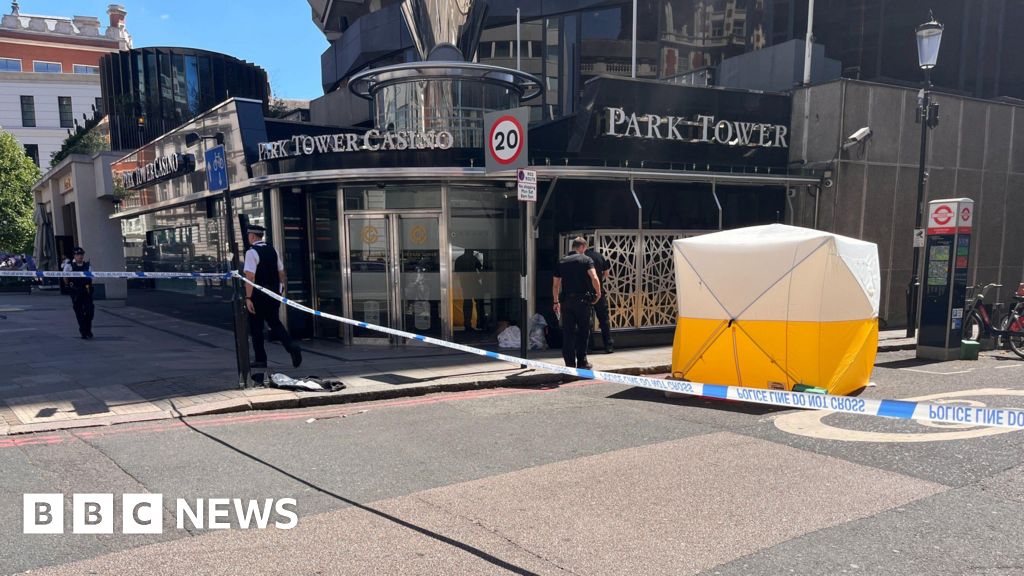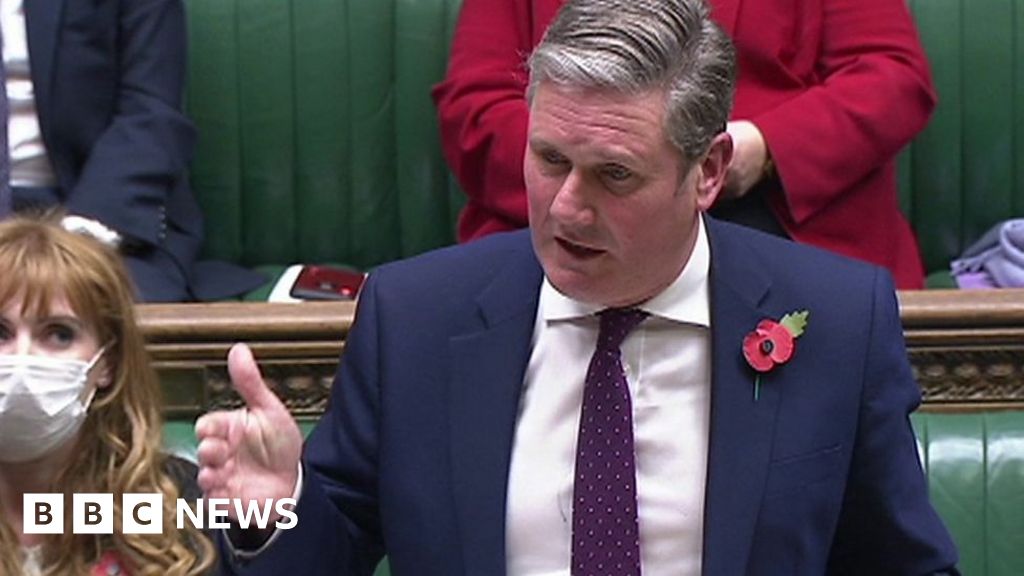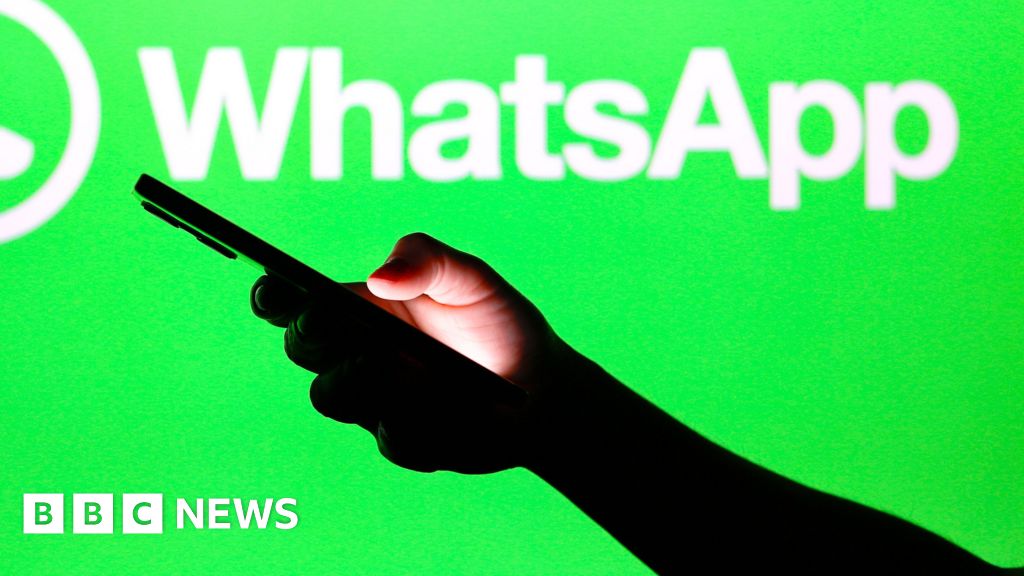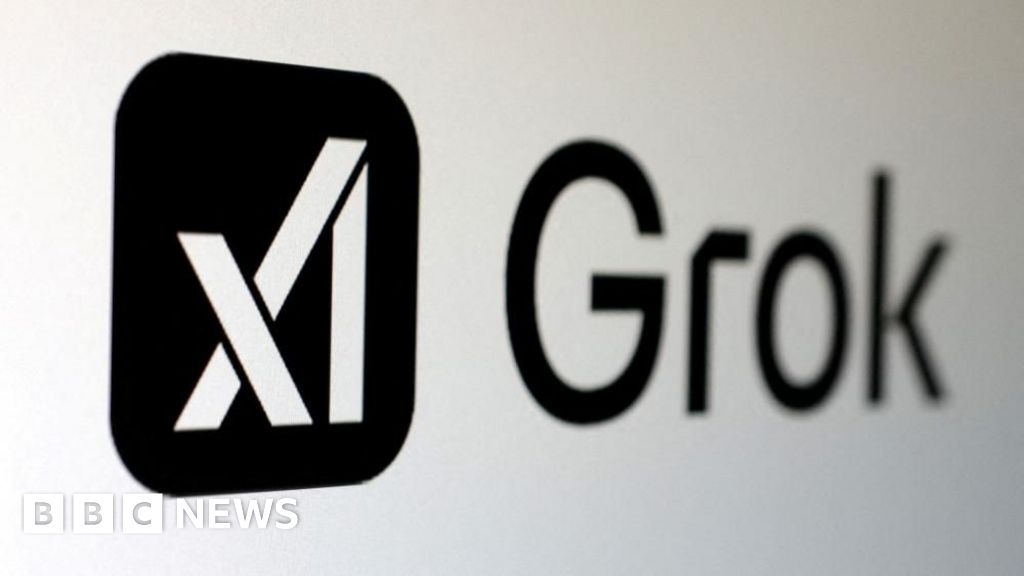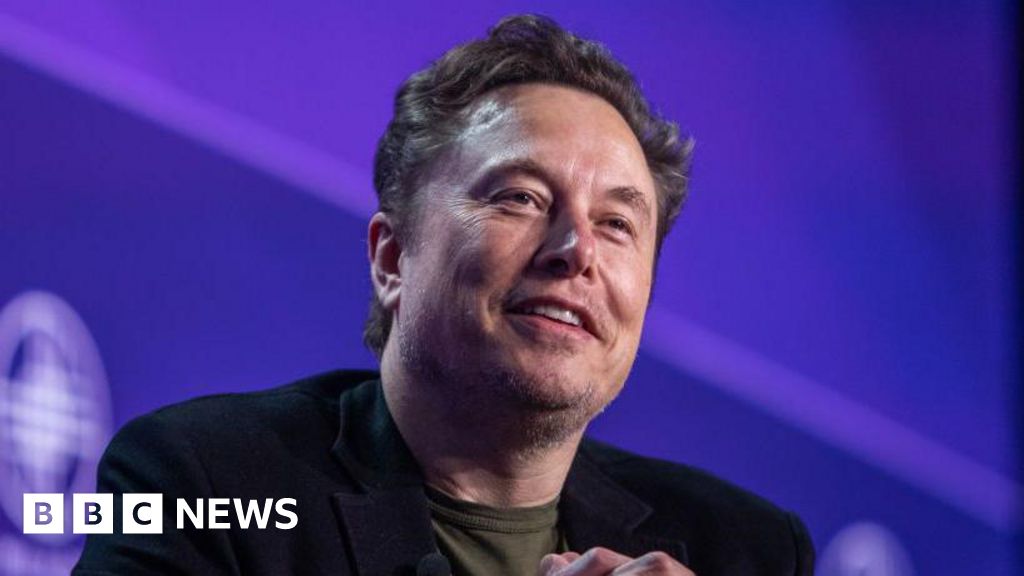Arsenal, Chelsea, Liverpool, Manchester City, Manchester United and Tottenham are among 12 clubs who have agreed to join a new European Super League (ESL).
In a seismic move for European football, the Premier League clubs will join AC Milan, Atletico Madrid, Barcelona, Inter Milan, Juventus and Real Madrid.
The ESL said the founding clubs had agreed to establish a “new midweek competition” with teams continuing to “compete in their respective national leagues”.
It says the inaugural season “is intended to commence as soon as practicable” and “anticipated that a further three clubs will join” the breakaway.
The plans of the ESL also include launching a corresponding women’s competition as soon as is possible after the men’s tournament starts.
UK Prime Minister Boris Johnson, Uefa and the Premier League condemned the move to launch a European Super League when news of it broke on Sunday.
World governing body Fifa has previously said it would not recognise such a competition and any players involved in it could be denied the chance to play at a World Cup.
Uefa reiterated this warning on Sunday when it said players involved would be banned from all other competitions at domestic, European or world level and could be prevented from representing their national teams.
After the Super League was announced, Fifa expressed its “disapproval” of the proposed competition and called on “all parties involved in heated discussions to engage in calm, constructive and balanced dialogue for the good of the game”.
In a statement, the ESL said: “Going forward, the founding clubs look forward to holding discussions with Uefa and Fifa to work together in partnership to deliver the best outcomes for the new league and for football as a whole.”
Why now?
There were talks in October over a new £4.6bn competition that would involve replacing the Champions League.
Uefa had hoped the plans for a new 36-team Champions League would head off the formation of a Super League. The Champions League reforms are set to be confirmed on Monday.
However, the 12 sides involved in the Super League do not think the reforms go far enough.
They said the global pandemic has “accelerated the instability in the existing European football economic model”.
“In recent months, extensive dialogue has taken place with football stakeholders regarding the future format of European competitions,” they added.
“The founding clubs believe the solutions proposed following these talks do not solve fundamental issues, including the need to provide higher-quality matches and additional financial resources for the overall football pyramid.”
What is the proposed format?
The league will have 20 teams – the 12 founding members plus the three unnamed clubs they expect to join soon and five sides who qualify annually according to their domestic achievements.
It will start in August, with midweek fixtures, and the clubs will be split into two groups of 10, who play each other home and away.
The top three in each group qualify for the quarter-finals, with the teams in fourth and fifth playing a two-legged play-off for the two remaining spots.
From then, on it will have the same two-leg knockout format used in the Champions League before a single-leg final in May at neutral venue.
What do the Super League leaders say?
Real Madrid president Florentino Perez is the first chairman of the ESL and says “we will help football at every level”.
“Football is the only global sport in the world with more than four billion fans and our responsibility as big clubs is to respond to their desires,” he added.
Juventus chairman Andrea Agnelli has resigned from the Uefa executive committee and as chairman of the European Club Association, which had pushed the planned Champions League reforms.
He said the 12 clubs had “come together at this critical moment, enabling European competition to be transformed, putting the game we love on a sustainable footing for the long-term future”.
Agnelli believes that the new competition will give “fans and amateur players a regular flow of headline fixtures that will feed their passion for the game while providing them with engaging role models”.
Manchester United co-chairman Joel Glazer will be a vice-chairman of the Super League.
He said: “By bringing together the world’s greatest clubs and players to play each other throughout the season, the Super League will open a new chapter for European football, ensuring world-class competition and facilities, and increased financial support for the wider football pyramid.”
What has been the reaction?
Essentially, widespread condemnation from anyone not involved in the proposed league.
That opposition has even gone to the highest level in some countries, with Prime Minister Boris Johnson saying the plans will be “very damaging for football” and that the UK government supports the sport’s authorities “in taking action”.
France’s President Emmanuel Macron added that he “welcomes the position of French clubs to refuse to participate” in a European Super League “that threatens the principle of solidarity and sporting merit”.
Within the game, Uefa released a joint statement with England’s Football Association, the Premier League, the Spanish Football Federation, La Liga and the Italian Football Federation, as well as Serie A, saying they will “remain united” in trying to stop the breakaway, using both judicial and sporting measures if required.
The European Club Association, which represents Europe’s clubs, also says it would be “strongly opposed” to a “closed super league model”, while the Football Supporters’ Association said the plans were “motivated by nothing but cynical greed”.
Television pundits have also had their say, with former Manchester United captain Gary Neville saying on Sky Sports he is “absolutely disgusted” by the plans and suggesting the clubs should be docked points, while former team-mate Rio Ferdinand said on BT Sport that the proposals will hurt fans the most and that supporters are “not being considered”.
Bundesliga sides are opposed to the plans because the German model means commercial investors cannot have more than a 49% stake in clubs, so fans hold a majority of their own voting rights.
Analysis
BBC Sport’s Simon Stone
If there was any lingering doubt over the desire of these 12 clubs to launch their own competition, it has been removed by their statement – reinforced by each of them through their own media platforms.
So many questions remain unanswered.
Chiefly, can they actually get their plan over the line given the strong resistance from Uefa and the leagues and associations of the countries concerned?
But beyond that, who will the other three clubs be to make up the 15 founding members? Will Bayern Munich and Qatar-backed Paris St Germain eventually join up as the alternative is impossible to comprehend?
And how will the other five clubs be decided?
These discussions will be fascinating. But they are not fundamental.
Right now, the clubs have a public relations battle to turn around perceptions – because as the drip of speculation has turned into hard news about something happening, followed by a statement of confirmation, the reaction has been overwhelmingly negative.
Unless they can articulate a plausible plan and turn public opinion their way, it will be a leap of faith to believe a famous footballing name alone can sell a product.
